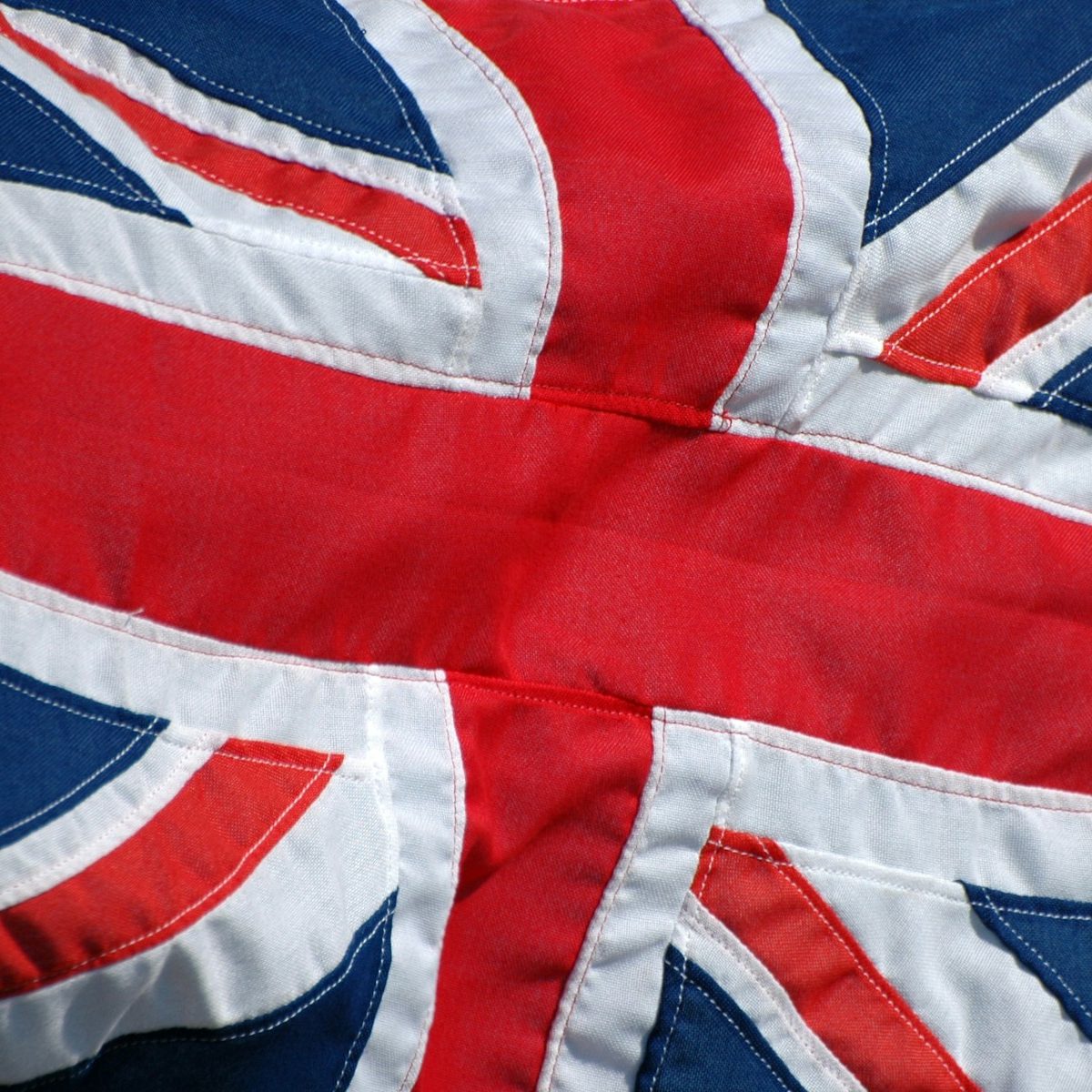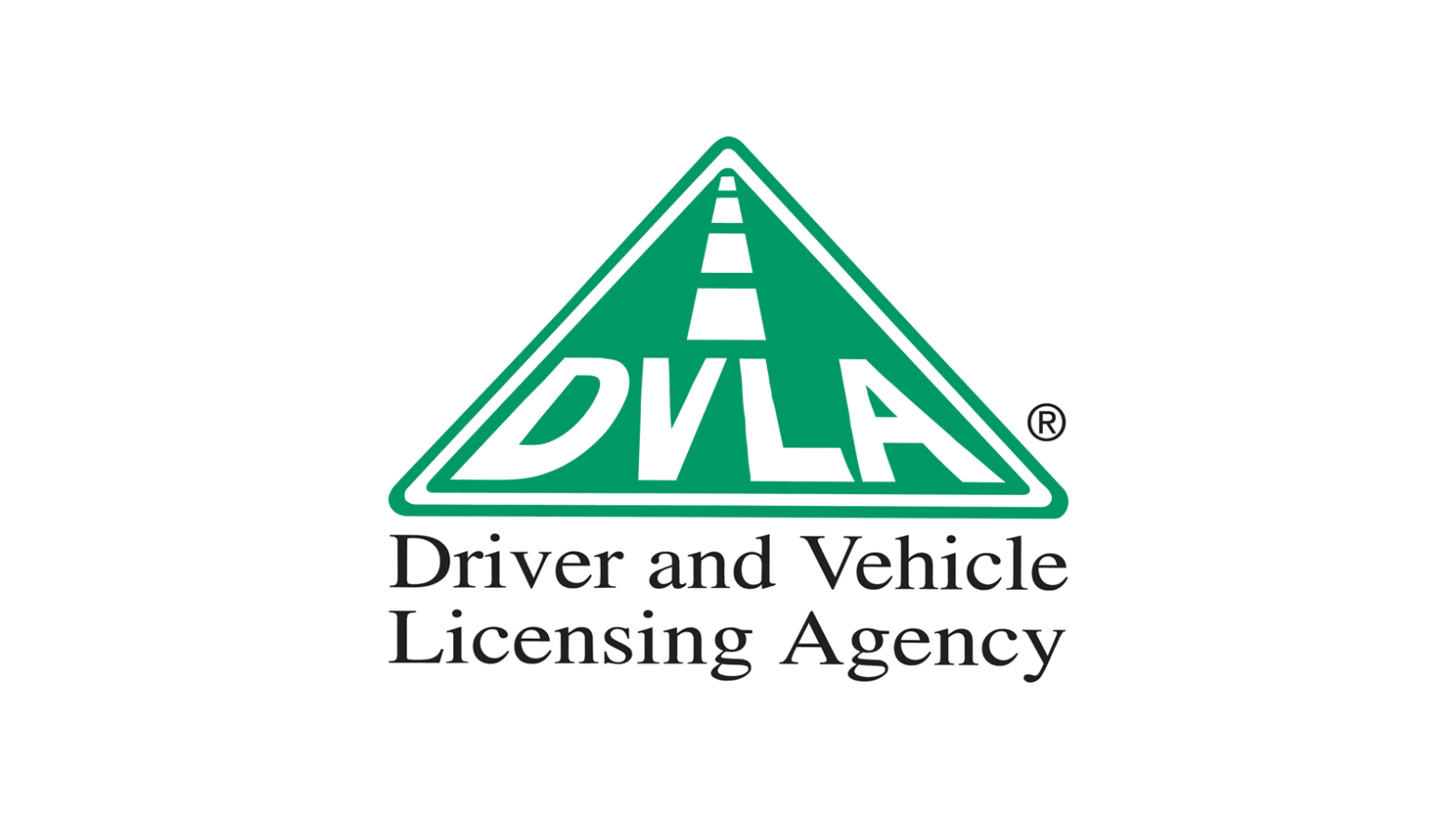The Driver and Vehicle Licensing Agency, abbreviated as DVLA, is an essential governmental body in the United Kingdom. Its main job is to manage records for both drivers and vehicles. This includes issuing driving licenses and taking care of vehicle registration while also collecting road tax, formally known as vehicle excise duty. Launched in 1990, the DVLA plays a foundational role in overseeing vehicle ownership, enhancing road safety, and ensuring that legal norms are followed within road transport.
Key Functions of the DVLA
The DVLA carries out several important tasks concerning drivers and vehicles. Firstly, one of its key roles is issuing driving licenses. This means they give licenses to those who meet the qualifications, which includes provisional licenses for learners, standard licenses for those who’ve passed driving tests, and specific ones for different types of vehicles like motorcycles and buses. By keeping thorough records of drivers and their licenses, the DVLA guarantees that only those who are appropriately qualified are allowed to drive on public roads.
Another important responsibility of the DVLA is maintaining vehicle registration. This means they record ownership details and assign unique numbers to vehicles. They also issue vehicle registration certificates and update those records when a vehicle changes owners. By doing this, the DVLA ensures clarity and accountability in the car industry.
Vehicle Excise Duty, or VED, which many people refer to as road tax, is another area where the DVLA has significant involvement. The agency is in charge of collecting this tax from all vehicle owners in the UK. The amount of VED is often determined by vehicle emissions and other criteria. This tax totaling over £7 billion annually plays an important role in funding transport infrastructure and various government services, showcasing how it impacts the economy.
When it comes to ensuring rules are followed, the DVLA collaborates with law enforcement organizations. They help make sure vehicles have valid insurance and taxes, along with investigating instances of misconduct or fraud related to vehicles. They are also proactive about taking action against people who evade paying vehicle taxes.
Recording details about drivers is another essential task for the DVLA. This includes documenting any endorsements on licenses, disqualifications, and medical conditions that may affect someone’s ability to drive.
How the DVLA Affects Lives
The operations of the DVLA hold considerable significance for individuals and businesses that engage in vehicle ownership and transport. For private citizens, the DVLA provides necessary services that help them acquire driving licenses, register vehicles, and meet legal obligations like road tax payment. By offering uncomplicated access to their services, the DVLA aids individuals in dealing with the often tricky aspects of vehicle ownership while ensuring they follow all required regulations.
Meanwhile, for businesses that rely on vehicles, aligning with DVLA requirements is essential for smooth and lawful operation. Companies managing fleets need to ensure that their trucks and vans are properly registered, licensed, and taxed to avoid legal issues and maintain efficiency. The DVLA plays a supportive role in helping these businesses by making the vehicle registration and licensing process run smoothly.
The Digital Shift
Starting in 2004, the DVLA embraced technology with the introduction of electronic vehicle licensing. This innovation allows vehicle owners to pay their road tax online or over the phone, providing them with more convenience. Nonetheless, those who prefer traditional methods can still use the Post Office to tax their vehicles. Marking a continued partnership with the Post Office, a contractual agreement from November 2012 allows them to keep processing car tax applications, with a chance for an extension after seven years.
Collaborations with Other Entities
The DVLA does not operate in isolation; rather, it works alongside various government entities and external groups. Their joint efforts facilitate important services, including assisting law enforcement and providing vital population data. The DVLA also serves as the largest printing center within the governmental framework.
If you happen to be in Northern Ireland, the equivalent agency for drivers is known as the Driver and Vehicle Agency, which fulfills similar duties.
Wrap Up
The DVLA plays a key part in overseeing everything associated with driving and vehicle regulation in the UK. Its wide range of duties includes giving out driving licenses, registering vehicles, collecting taxes for road use, and champing road safety through various initiatives. The DVLA not only contributes to efficient road transportation management but also ensures the public remains protected. By providing essential services and helping enforce legal compliance, the DVLA plays a crucial role in simplifying the complexities surrounding vehicle ownership and road regulations, thus standing as a guardian of the integrity and safety of the UK’s road systems.

